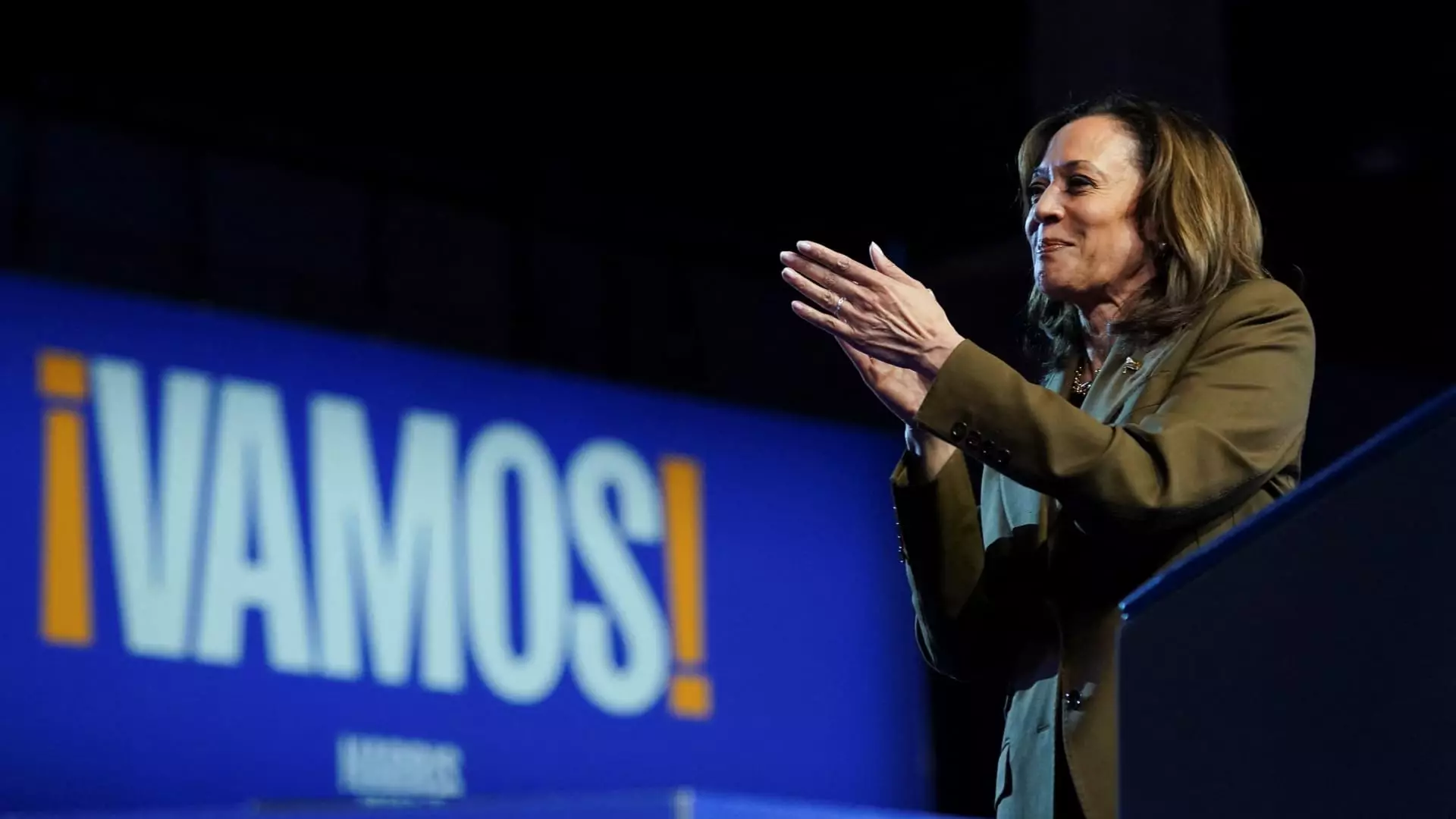In a calculated move to reinforce her support among essential voter demographics, Vice President Kamala Harris’ campaign is set to engage with small businesses across six critical battleground states. This initiative, known as “Small Business for Harris-Walz,” aims to capture the attention of Black and Latino communities, demographics that played a vital role in the Democrats’ success during the 2020 elections. As these groups exhibit a worrying trend toward the Republican side, the Harris campaign is proactively addressing this shift to strengthen her voter base ahead of the upcoming elections.
Utilizing Campaign Surrogates
Notably absent from these events will be Harris herself; instead, her campaign is mobilizing a network of elected officials and community advocates to amplify her message. While the specific identities of these surrogates have not been disclosed, their participation signals a strategic delegation to ensure the campaign maintains momentum without the vice president physically present. This approach allows the campaign to potentially reach a broader audience through local figures who resonate more with the community.
Addressing Economic Concerns
The focus on small businesses is not merely a symbolic gesture; it is a direct response to economic concerns affecting these communities. The Harris campaign has highlighted her commitment to empowering small business owners, contending that this is critical in efforts to rectify systemic inequalities. In a statement from Richard Garcia, the small business engagement director, he emphasized Harris as a “champion for small business,” contrasting her policies with those of her Republican counterpart, Donald Trump, who has been criticized for prioritizing self-interest over community welfare.
In addition to the outreach efforts, Harris’ campaign has proposed concrete economic policies that aim to bolster small businesses. One of the standout proposals is a substantial increase in tax deductions for startup expenses—from $5,000 to $50,000. This initiative reflects a keen understanding of the challenges faced by entrepreneurs, particularly in economically vulnerable communities. By supporting small business growth, Harris positions herself not only as a candidate focused on economic recovery but as one dedicated to narrowing the racial wealth gap that has persisted in America.
With Trump actively courting Black and Latino voters, the urgency of Harris’ outreach cannot be overstated. His recent comments at a rally, which echoed a welcoming message to these communities, underscores a tactical pivot that the Harris campaign must counter. By framing her campaign narrative around small business empowerment and community support, Harris seeks to remind voters of the stark differences in approach and impact between her administration and that of the previous administration.
The coming week will be critical for Harris as her campaign mobilizes efforts to connect with small business owners in Arizona, Georgia, Michigan, Nevada, North Carolina, and Pennsylvania. Through organizing events and community engagement, the campaign hopes to lay the groundwork for a renewed trust and support from the communities that once rallied around the Democratic party. In this high-stakes political environment, the emphasis on small businesses encapsulates a broader strategy aimed at galvanizing voter support and addressing economic disparities, ultimately shaping the trajectory of the upcoming election.


Leave a Reply